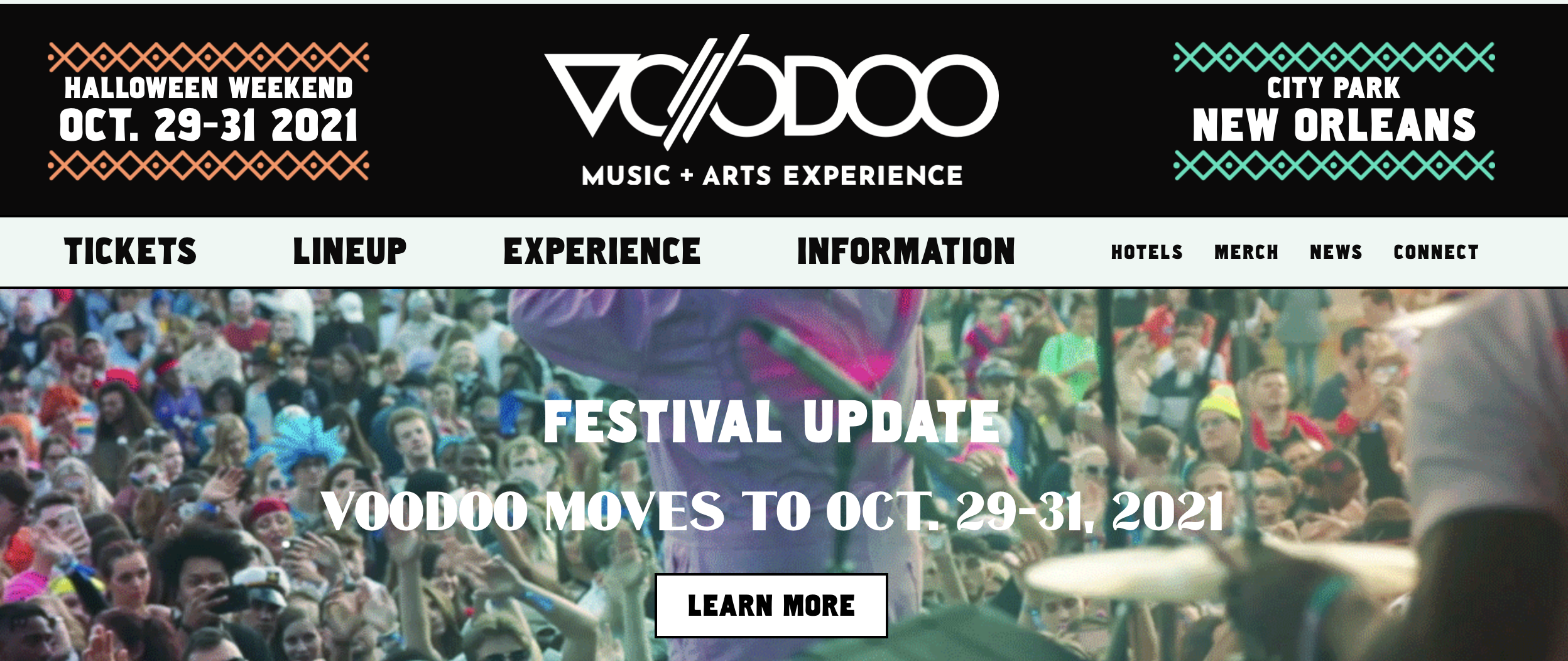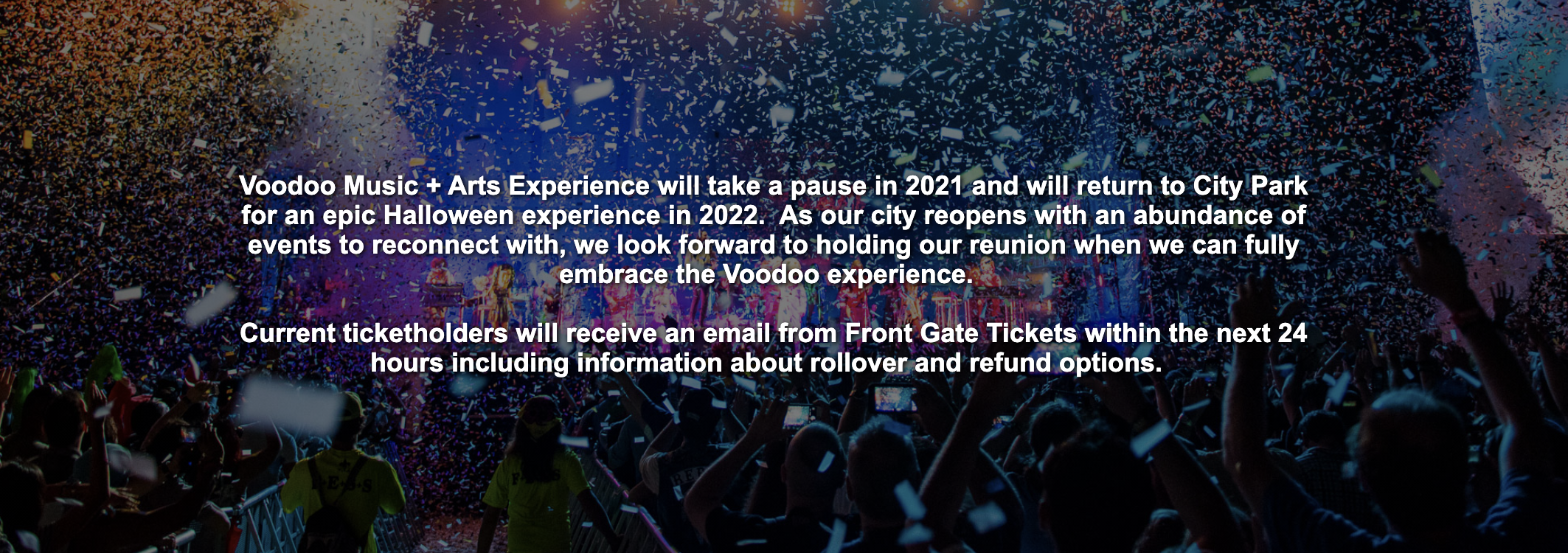Proof of Vaccination Requirements a Sane Response to Insane Situation

Venues, artists do what they can to stay open and busy in the face of the Delta variant.
On Thursday, Tipitina’s, The Maple Leaf Bar, and d.b.a. released a joint statement:
The music industry in New Orleans is uniting once again in an effort to curb the rise in Covid-19 cases seen throughout the city.
Effective Friday, July 30, 2021, notable New Orleans venues will require all patrons who wish to attend performances featured at their establishment to provide a valid, complete Covid-19 vaccination card OR proof of a negative Covid-19 test performed within the previous 72 hours prior to entry onto the premises until further notice.
Guests will be required to provide proof of documentation along with a matching, valid ID for verification. Such documentation needs to be directly from the healthcare provider that performed the vaccination or the negative Covid-19 test within the previous 72-hours. Such proof may be displayed on a smartphone or presented as a physical copy.
Masking of all attendees will also remain strongly encouraged consistent with CDC guidelines.
For more information on specific guidance or other venue requirements, please reach out directly to the respective business.
Due to the recent rise in Covid-19 infections across the city and throughout the country, other venues are encouraged to join in our mission to help slow the spread of this virus and variants that pose an imminent risk to the health and safety of our community.
We remain committed to providing a safe and enjoyable atmosphere and livelihood for all performers, employees, and supporters of live entertainment and thank everyone for their contribution to these mitigation efforts at this time.
That came a few days after DJ Soul Sister announced that proof of vaccination will be required to attend her dance party at the Hi-Ho Lounge on Friday night, and there’s a lot right about these decisions, starting with their simplicity. They’re not a top-down effort to regulate behavior in clubs; it’s artists and venues trying to protect their staffs, musicians, and patrons. If it works, it will also keep everybody working. If it creates an incentive for people to get vaccinated, that’s lagniappe. “All we want to do is enjoy with other people and dance and not have to go backwards,” DJ Soul Sister said on Facebook. “No one should have to die in order to live.”
These decisions come during a point of frustration as people who have been vaccinated and taken precautions feel like their safety and the economic health of the music community are threatened by very contagious COVID-19 variant that has become a problem because the people who have not got vaccinated created an opportunity for it to flourish. After Tipitina’s, the Maple Leaf, and d.b.a. released their announcement, I received a few messages from people worried about mayhem at the doors from those who have made fighting vaccines their cause. I’m certain the venues have plans to deal with that contingency, but I’m not that worried about that. If you’re someone who goes to see live music in clubs, you’re part of a very specific community because much of New Orleans—much of any city—doesn’t. Or doesn’t very often. There’s a set of cultural, intellectual, and aesthetic beliefs that unify us, and they’re not necessarily shared by those who arrive at an anti-vaxx point of view.
We know music crosses political and ideological lines, but if you’re seeing local artists playing some kind of jazz/funk/rock at those venues or dancing to DJ Soul Sister, the odds are good that you’ve bought into certain cultural values, and part of the appeal of the show is that you feel like you’re with your people. That means the odds are low of facing troublemakers at the door in venues the size of these. If someone wants to test the venues’ resolve to make a point, they’re more likely to do so some place bigger where they’ll find others like them and have a better chance of causing a scene.
Concert venues would be more likely to encounter more pushback, in part because the broader the popularity of a band, the broader its audience. The larger audience also ups the odds that other points of view will be in the crowd. Eric Clapton has publicly declared that he won’t play shows that require proof of vaccination, including the Smoothie King Center on September 18, but the Foo Fighters’ recent experience is more instructive. In Los Angeles, many of those who were upset complained because they had to have their second shot 14 days before the show, but the announcement was made with 12 days before the show, which meant some fans couldn’t get in compliance. The band, which will play Jazz Fest on Sunday, October 10, faced some online outrage and small protests outside their Los Angeles and New York City shows, but both shows sold out anyway.
Artists and venues that follow in their footsteps will likely alienate some fans, but they’ll strengthen their connection with others. And the piece that doesn’t get reported is how many fans who were not yet vaccinated got the shot because they were more interested in Foo Fighters than proving a point. History shows again and again that music fans love feeling like there’s something socially positive about seeing the artists they love, but the musicians are bigger motivators than the cause. When the politics get in the way of fun, politics can be shed.
Can Jazz Fest make proof of vaccination a requirement? That’s a lawyer’s question, but probably. If it can be done, the decisions by Tip’s, the Maple Leaf, d.b.a., and Soul Sister made it easier for them, as has the Delta variant spike. The producers can claim to be getting in line with the New Orleans music community, and that the circumstances have changed since tickets went on sale. There will be pushback, particularly for The Rolling Stones show, and the logistics won’t be easy. But if Jazz Fest prepares itself, it could not only create a safer festival but add incentive for fans that have adopted a wait-and-see attitude to decide they have waited and seen long enough.
Creator of My Spilt Milk and its spin-off Christmas music website and podcast, TwelveSongsOfChristmas.com.






